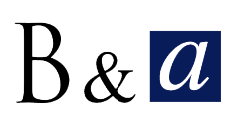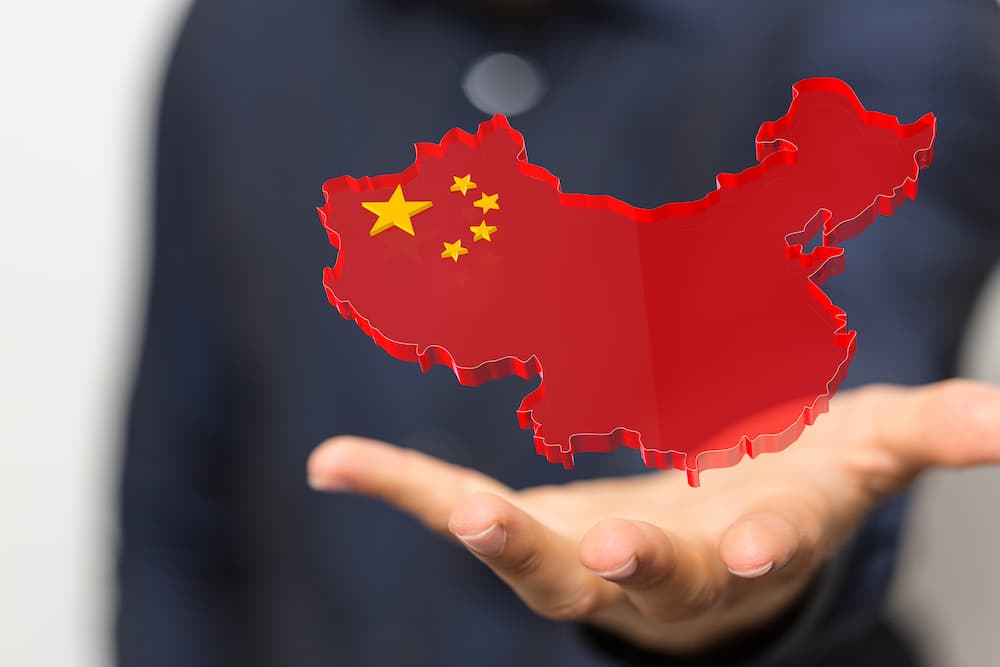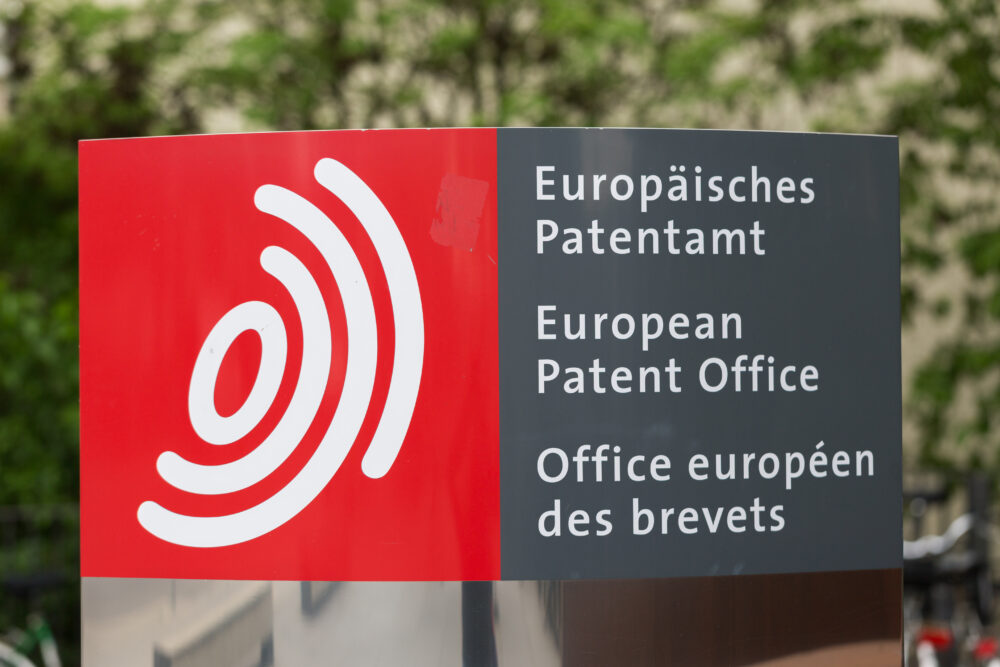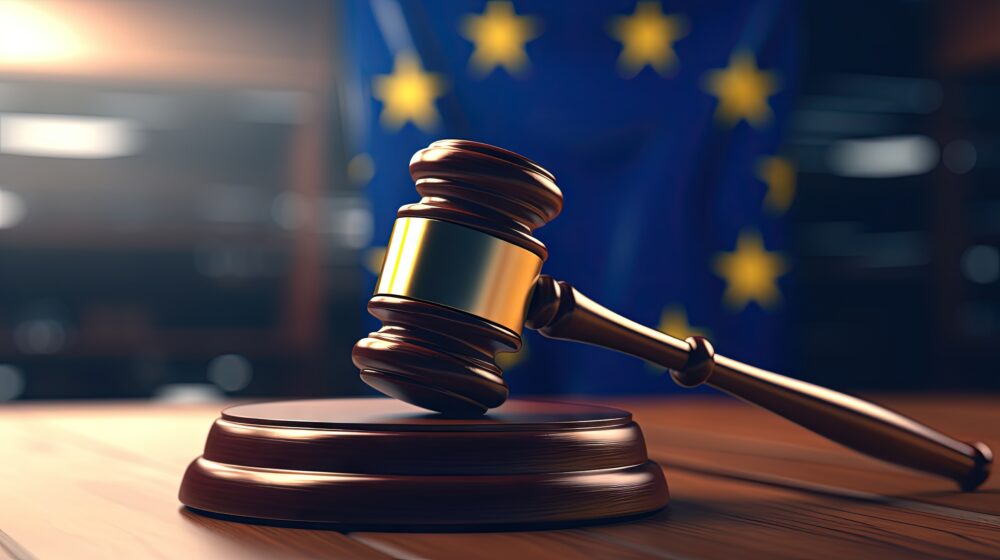On April 17, 2019, the European Parliament adopted an SPC manufacturing waiver for export and stockpiling
Supplementary Protection Certificates (SPC) can extend the patent protection for medicaments by up to five years in the European Union. They had been introduced to compensate for the lengthy clinical development which must be completed prior to obtaining regulatory marketing approval.
The European Commission realized that this system could put EU-based manufacturers of generics and biosimilar at a disadvantage with non-EU based industry. Indeed, during the SPC period of protection in the EU, EU-based companies cannot currently manufacture for any purpose, including export outside the EU to countries where SPC protection has expired or does not exist, while manufacturers based in those non-EU countries can do so.
On April 17, 2019, the European Parliament adopted a so-called “SPC manufacturing waiver” for both veterinary and human medicinal products. This amendment of Regulation (EC) 469/2009 will authorize certain acts which, until now, required the consent of the SPC holder.
This “SPC manufacturing waiver” will allow the following:
- Throughout the entire SPC lifetime, the manufacturing of the SPC-protected active principle ingredient (API) or medicinal product will be allowed for the purpose of export outside the EU. Any “related act” strictly necessary for manufacturing in EU and/or for their actual exports will be also allowed.
- It will be possible to manufacture and stockpile the SPC-protected API or medicinal product for the last 6 months of the SPC period, allowing thereby day-1 launch on the EU market after the SPC expires. Any related act strictly necessary for the manufacturing and storing in EU will be also allowed, if carried out no earlier than 6 months before the expiry of the SPC.
Of note, the “SPC manufacturing waiver” does not allow the import of APIs or medicinal products into the EU for the purpose of packaging, reexporting or storing, which remain infringement acts of the SPC.
Furthermore safeguards have been included to control the activities of the generic (or biosimilar) companies:
- they will have to notify both the competent national patent office and the SPC holder at least three months before they start manufacturing. The national patent office will promptly publish this notification.
- The notification should list, among others: an indication whether the intended manufacture is for the purpose of export, storing, or both export and storing ; the EU member state(s) where the product is to be manufactured and/or stored (or where any first “related act” is to be performed) ; and the reference number of the marketing authorization in the non-EU country of export.
- The manufacturer has a labelling obligation for export products outside the EU, e.g. to affix a logo onto the outer packaging of the product. The purpose is to prevent rerouting towards the EU market.
- The manufacturer is also required to inform all supply chain that the product is covered by the SPC waiver.
The Regulation still requires a formal adoption from EU ministers and will enter into force on the 20th day after its publication in the Official Journal of the EU, which is expected to occur in June or July 2019.
During a transitional period, the manufacturing waiver will apply depending on the filing date of the SPC and the date when the SPC takes effect:
- The SPC manufacturing waiver will apply to all new SPCs filed on or after the day of entry into force of this new legislation.
- Conversely, the manufacturing waiver will not apply to SPCs that have already taken effect when the legislation enters into force.
- For SPCs that have been filed before, but take effect on or after, the manufacturing waiver will initially not apply but will become applicable three years after the entry into force of the legislation.
Needless to say, this legislative breakthrough got mixed reactions. While the generics companies may complain about the notification and labelling obligations, the innovative companies suspect that this restriction to the scope of the SPCs might pave the way to further limitations of their monopolies.
Béatrice TEZIER HERMAN




